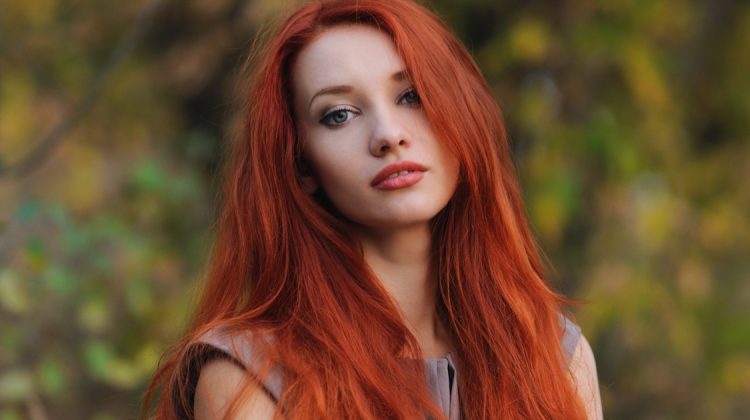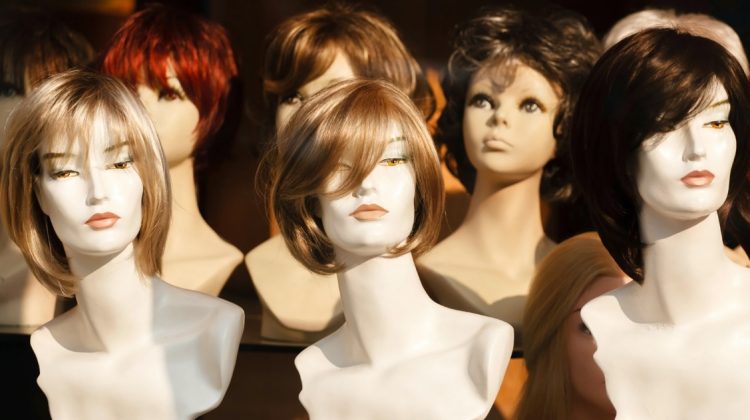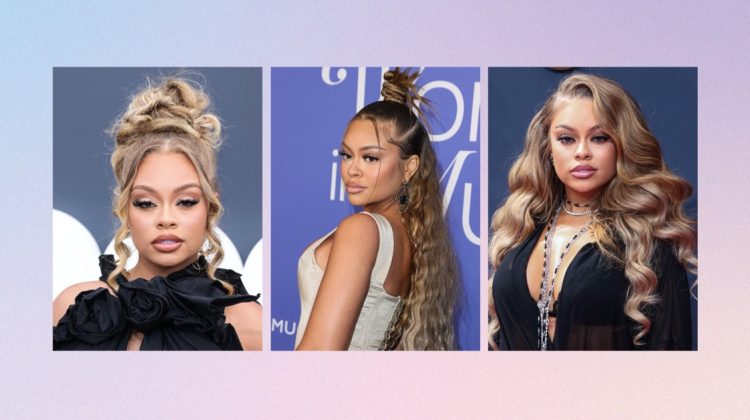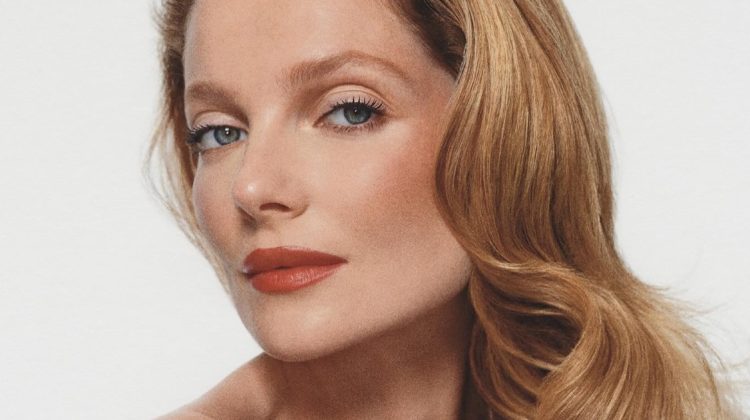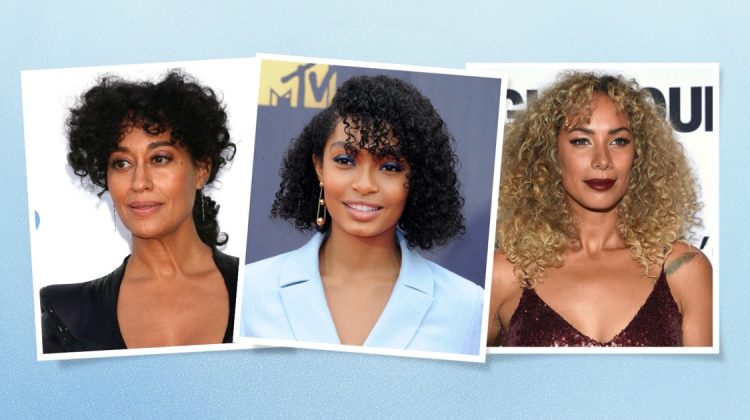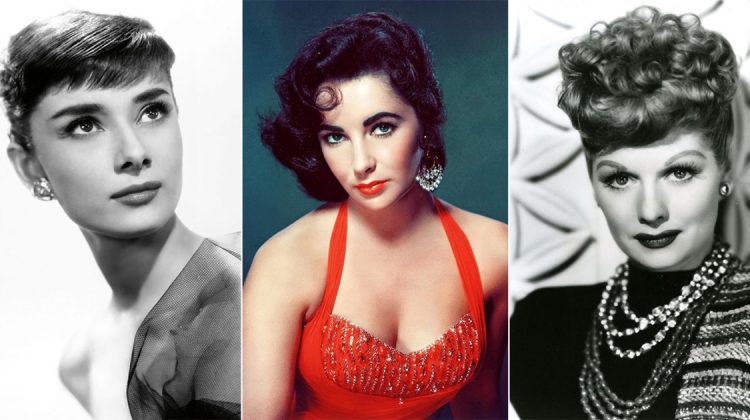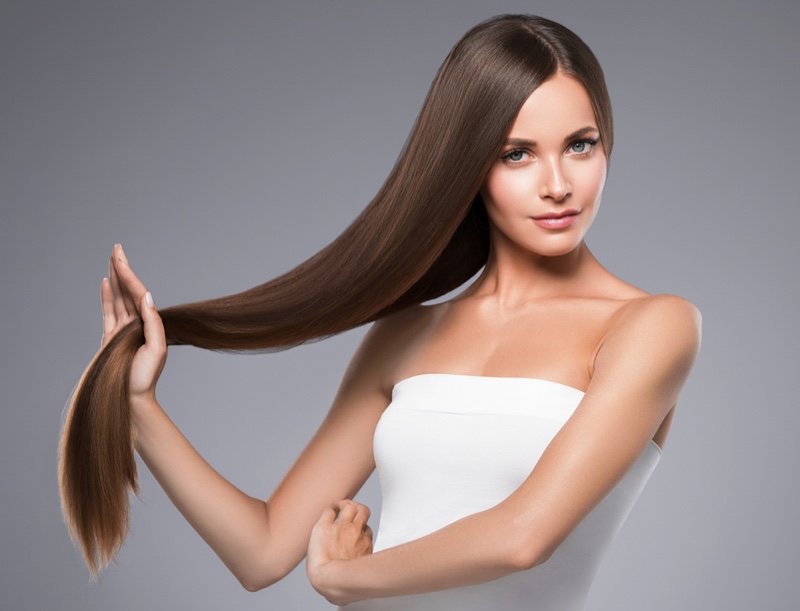
The human scalp has anywhere between 100,000 and 150,000 hair follicles. Unfortunately, weather, stress, and our diet can impact our hair health. In fact, we lose 100 hairs a day, too.
Do you want to repair or help your hair look silky and sleek? Consider adding these eight supplements to your daily routine.
These eight vitamins and minerals can help you grow stunning, healthy hair. Adding the best vitamins for hair to your lifestyle can improve your hair growth. Otherwise, age, hormones, and genetics could all impact the appearance of your hair.
Don’t let your tresses turn bland and brittle. Instead, discover healthier strands with these supplements today.
1. B Vitamins
One of the most important vitamins for healthy hair is a B vitamin called biotin. Biotin deficiency could lead to hair loss. Many hair-loss treatments now use biotin as an essential ingredient.
Biotin deficiency is usually rare. In fact, biotin occurs naturally in many of the foods we eat. You can add B vitamins to your routine through:
- Dark, leafy greens
- Meat
- Fish and seafood
- Whole grains
- Almonds
Animal foods are usually a great source of vitamin B12. If you’re on a vegetarian or vegan diet, you might not get enough B12 through the foods you eat. Consider taking B-vitamin supplements instead.
B vitamins help the body create red blood cells. These cells carry nutrients and oxygen to your hair follicles and scalp. Without this process, your tresses might not grow properly.
2. Vitamin A
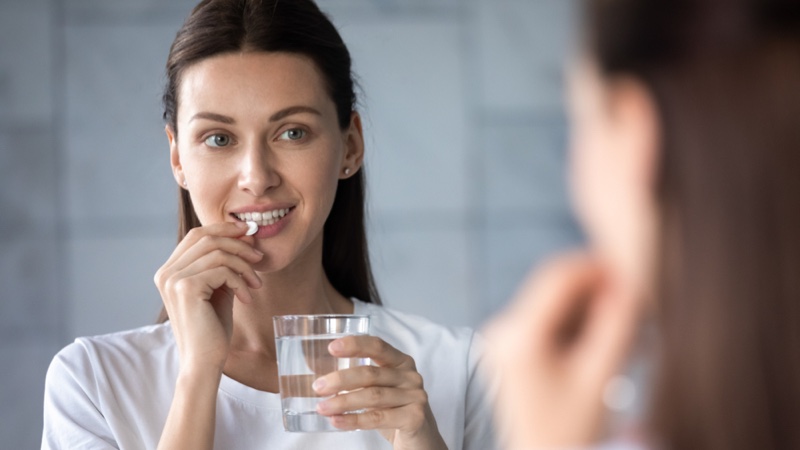
Every cell in the human body needs vitamin A for growth. Your hair is no exception. Your hair is the fastest-growing tissue in the entire body.
Vitamin A can help skin glands create an oily substance called sebum. Sebum is responsible for keeping your scalp moisturized and healthy. Without vitamin A, however, you might start losing your hair.
Adding vitamin A to your routine can keep your tresses moisturized.
You can add vitamin A to your routine through your diet with:
- Sweet potatoes
- Spinach
- Kale
- Carrots
- Pumpkins
- Milk
- Eggs
- Yogurt
- Cod liver oil
Many of the vegetables on this list contain beta-carotene. Your body can convert beta-carotene into vitamin A.
Make sure you don’t consume too much vitamin A, though. Too much could prove dangerous. In fact, a vitamin A overdose might contribute to hair loss.
Consider scheduling an appointment with your doctor before adding these hair supplements to your routine. They can help you determine how much of each vitamin you need.
Some vitamins can interact with the medications you’re taking, too. Speaking with your doctor beforehand can help you avoid a potential interaction.
3. Vitamin D
Without vitamin D, you could experience alopecia or hair loss. Vitamin D might help create new hair follicles. These tiny pores allow new hair to grow.
Researchers believe that vitamin D plays a part in hair production. However, we don’t yet know the role vitamin D plays yet.
Most people don’t get enough vitamin D, though. You might want to consider increasing your intake by taking the best vitamins for hair.
Your body naturally produces vitamin D when your skin is in contact with the sun’s rays. You can also add fatty fish and cod liver oil to your diet.
If you follow a vegan or vegetarian diet, consider scheduling blood work to determine if you have a vitamin D deficiency. Your doctor might determine you’re not getting enough vitamin D. Taking these hair supplements can ensure healthier hair.
4. Vitamin C
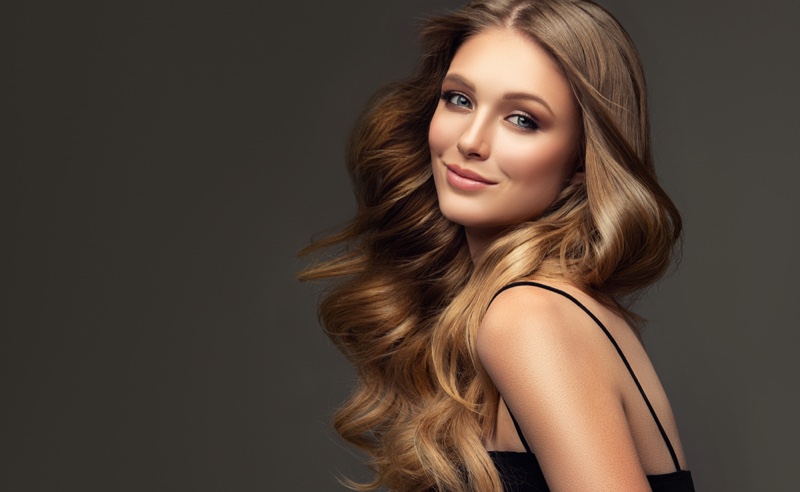
Free radicals can cause damage to your cells. They can also block growth, causing your hair to age prematurely.
Consider adding hair supplements that contain vitamin C to your routine. Vitamin C is an antioxidant. It’s responsible for protecting your body against oxidative stress caused by free radicals.
Your body also needs vitamin C in order to create collagen. Collagen is a protein that plays a part in skin, nail, and hair health. If you want to achieve healthy hair, add vitamin C or collagen powder to your routine.
You can also consume collagen through bone broth. Vitamin C can help your body absorb iron, too. Your body needs iron for effective hair growth.
If you want to naturally add vitamin C to your body, try citrus fruits, peppers, and strawberries. Otherwise, find a hair supplement that contains vitamin C.
5. Iron
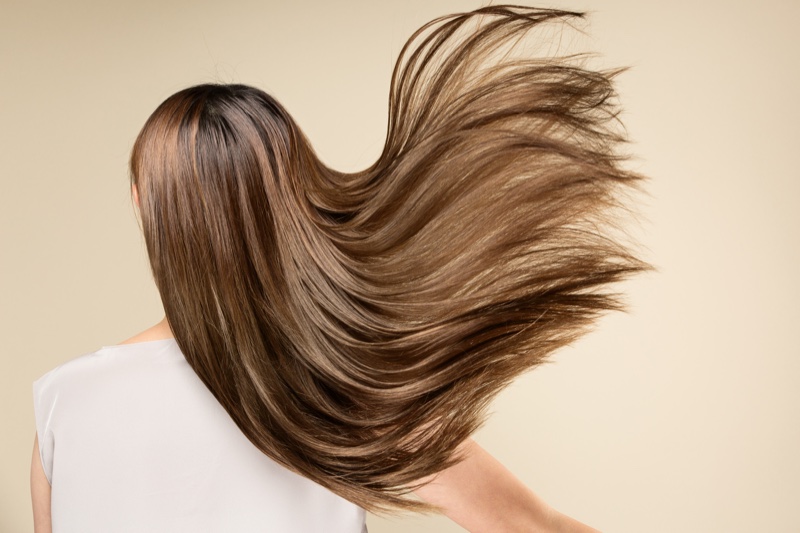
Remember, iron plays a part in healthy hair as well. Iron helps your red blood cells carry oxygen to your cells. It also plays a part in hair growth. Without iron, you could develop anemia, which can cause hair loss.
6. Vitamin E
Vitamin E is another antioxidant that can help promote hair growth by preventing oxidative stress. You can get vitamin E through avocados, spinach, and almonds.
Otherwise, consider taking hair supplements that include vitamin E. Gummy bear vitamins are a great way to achieve healthier hair.
7. Zinc
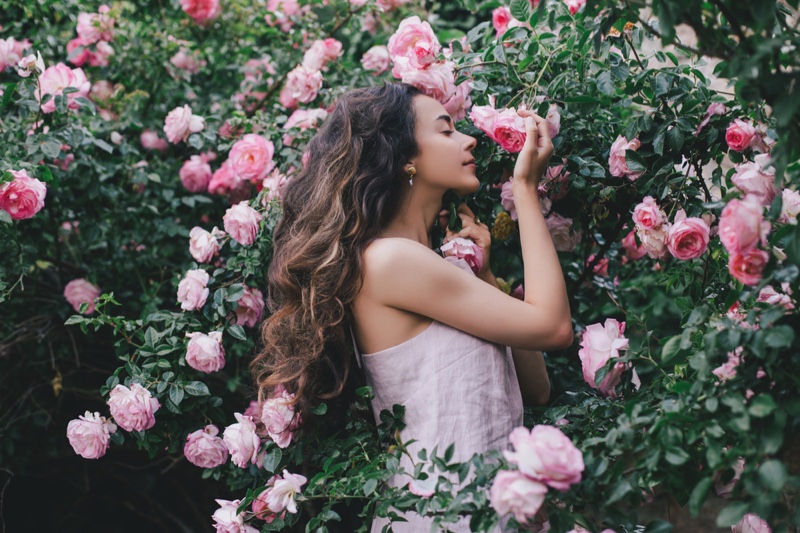
Zinc plays a role in hair tissue repair and growth. It can keep oil glands around your follicles working properly, too.
If you’re not getting enough zinc in your diet, you might start experiencing hair loss. Instead, try to get zinc into your diet. You can eat lentils, spinach, and beef.
Otherwise, turn to the best vitamins for hair to promote healthier strand growth.
8. Protein
Your hair is entirely made of protein. If you want to achieve healthier hair this year, you might want to consider adding more protein to your diet. Otherwise, protein deficiency can lead to decreased hair growth.
You might even start experiencing hair loss. Look for hair supplements that can help you avoid hair loss in the future.
Silky Strands: 8 Vitamins and Minerals for Healthy Hair
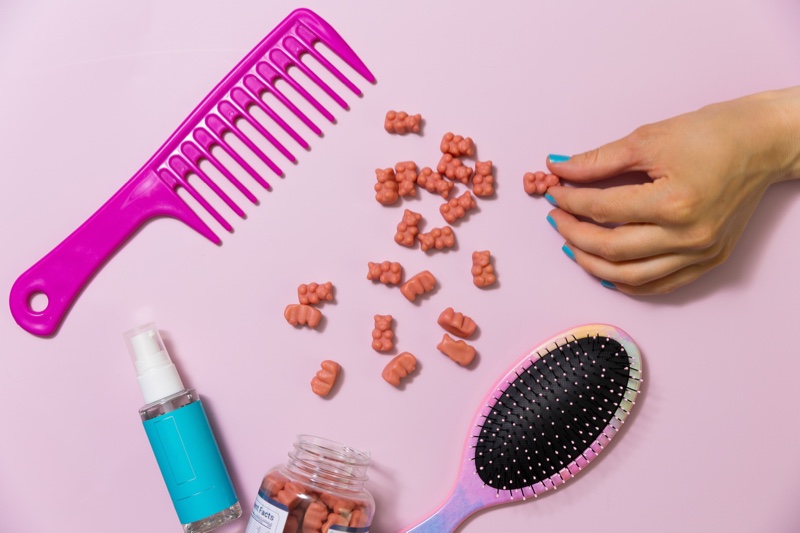
Don’t let your hair grow brittle. If your hair starts to fall out, it could indicate a vitamin deficiency. Instead, consider taking these hair supplements for healthy hair.
Adding these supplements to your routine can ensure long, healthy locks.
